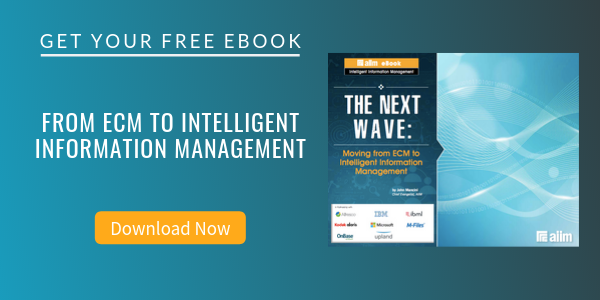2016 was certainly a year of radical change. At the macro-political level, we witnessed the “ouster of the incumbents” with first the Brexit vote in June and then the U.S. Presidential election in November. In the sports arena, the insurgents triumphed, and two teams with a collective 176 years of frustrated championship expectations battled for the World Series. PokemonGo swept the world and led to a host of injuries when enthusiastic participants careened into each other and into stationary objects whilst staring at their screens. Alexa Echo Dots began appearing on every imaginable surface, listening ...listening... listening. And perhaps because of the need to be silent in the face of all of this listening, silent Mannequin Challenges became all the rage.
And then just last month, in a moment near and dear to all of us who try to eliminate manual, paper-based process, the failure of the ultimate, previously foolproof paper-based process -- the Academy Awards!
2016 was a pivotal year for content management. Leading ECM companies like Xerox and HP and Kofax and Lexmark and Documentum variously split up or were acquired. In December, Gartner put a capstone on the year by announcing it was retiring the term “ECM” and replacing it with something called “Content Services.”
Gartner: “ECM is now dead (kaput, finite, an ex-market name), at least in how Gartner defines the market. It’s been replaced by the term Content Services.”
Amidst all of this change, are there any points of consistency we can use as reference points as we think about the future of information management?
Is "Content Services" really all there is? Is "ECM" really dead?
I think not. I think the conversation is a bit more complicated (and to be fair, so does Gartner).
Here is my keynote presentation at The AIIM Conference 2017. Take a look and let me know what you think.
The punch line for the impatient? Welcome to the World of Intelligent Information Management!
